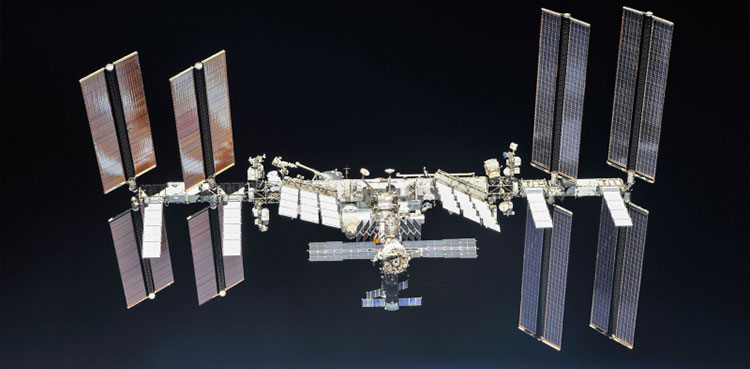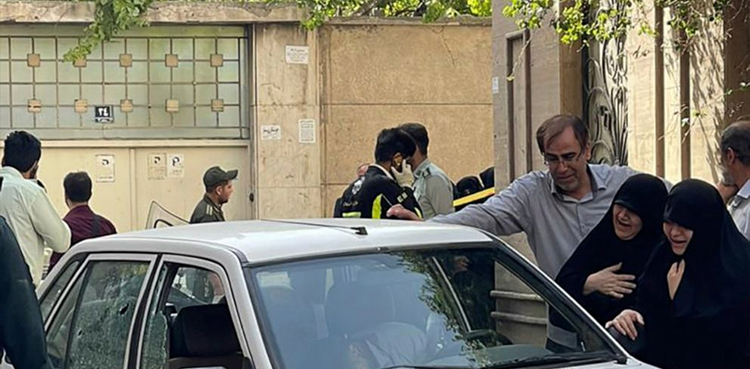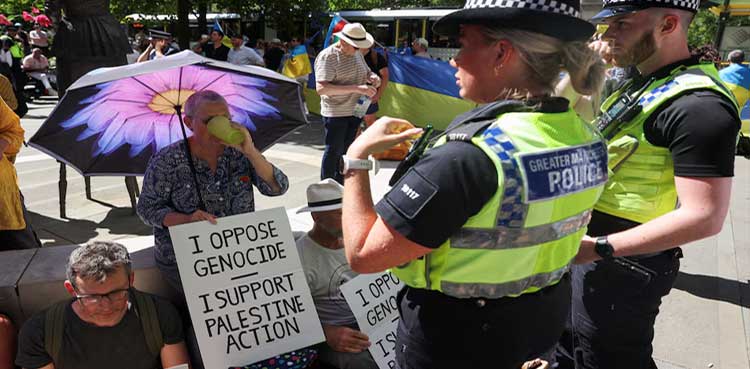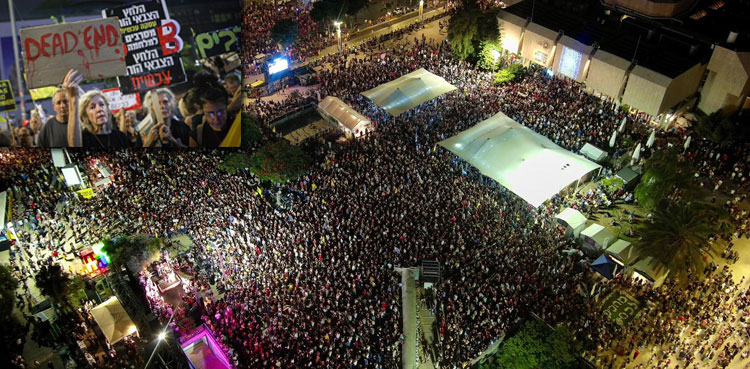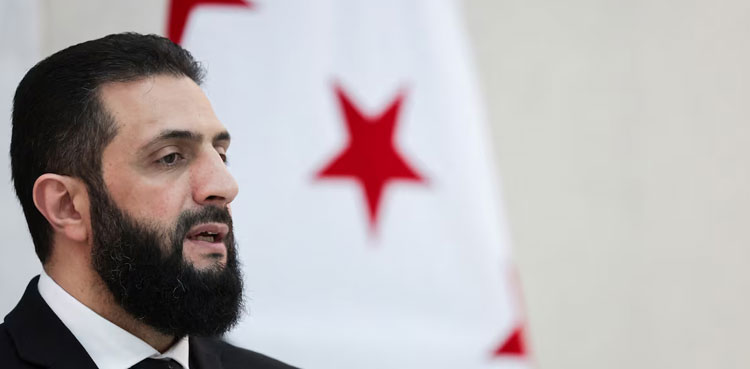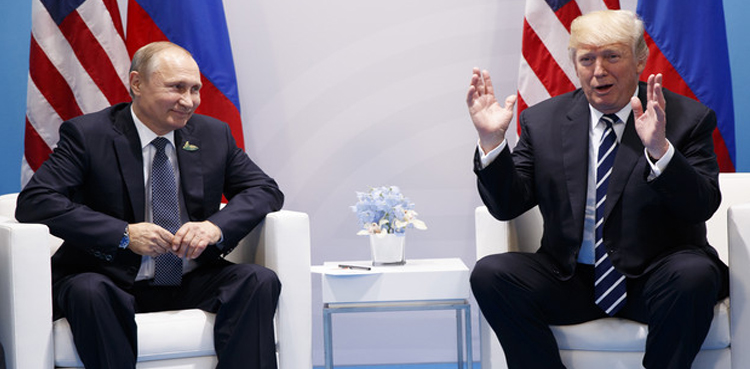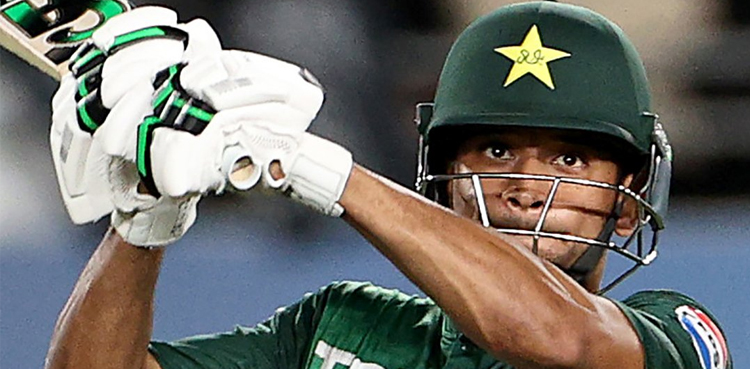WASHINGTON: An international crew of four astronauts is back home on Earth Saturday after nearly five months aboard the International Space Station, returning safely in a SpaceX capsule.
The spacecraft carrying US astronauts Anne McClain and Nichole Ayers, Japan’s Takuya Onishi and Russian cosmonaut Kirill Peskov splashed down off California’s coast at 8:44 am local time (1534 GMT).
Their return marks the end of the 10th crew rotation mission to the space station under NASA’s Commercial Crew Program, which was created to succeed the Space Shuttle era by partnering with private industry.
The Dragon capsule of billionaire Elon Musk’s SpaceX company detached from the International Space Station (ISS) at 2215 GMT on Friday.
When these capsules reenter Earth’s atmosphere, they heat up to 3,500 degrees Fahrenheit (1,925 Celsius), according to NASA.
Atmospheric reentry — then the deployment of huge parachutes when the capsule gets closer to Earth — slows its speed from 17,500 miles (28,100 kilometers) per hour to just 16 miles per hour.
After the capsule splashed down, it was recovered by a SpaceX ship and hoisted aboard. Only then were the astronauts able to breathe Earth’s air again, for the first time in months.
The crew will now fly to Houston to be reunited with their families.
They conducted numerous scientific experiments during their time on the space station, including studying plant growth, how cells react to gravity, and the effect of microgravity on human eyes.
‘Bittersweet’ return
NASA acting Administrator Sean Duffy praised the successful mission.
“Our crew missions are the building blocks for long-duration, human exploration pushing the boundaries of what’s possible,” he said in a NASA statement.
McClain said her farewell to the ISS was “bittersweet” because she may never return.
“Every day, this mission depends on people from all over the world,” she wrote on X.
“It depends on government and commercial entities, it depends on all political parties, and it depends on commitment to an unchanged goal over many years and decades.”
NASA said last month it would lose about 20 percent of its workforce — around 3,900 employees — under cuts from the US President Donald Trump’s sweeping effort to trim the federal workforce.
Trump has meanwhile prioritized crewed missions to the Moon and Mars.
The Crew-10’s launch into space in March allowed two US astronauts to return home after being unexpectedly stuck aboard the space station for nine months.
When they launched in June 2024, Butch Wilmore and Suni Williams were only supposed to spend eight days in space on a test of the Boeing Starliner’s first crewed flight.
However, the spaceship developed propulsion problems and was deemed unfit to fly back, leaving them in space for an indefinite period.
NASA announced this week that Wilmore has decided to retire after 25 years of service at the US space agency.
Last week, US astronauts Zena Cardman and Mike Fincke, Japan’s Kimiya Yui and Russian cosmonaut Oleg Platonov boarded the ISS for a six-month mission.
